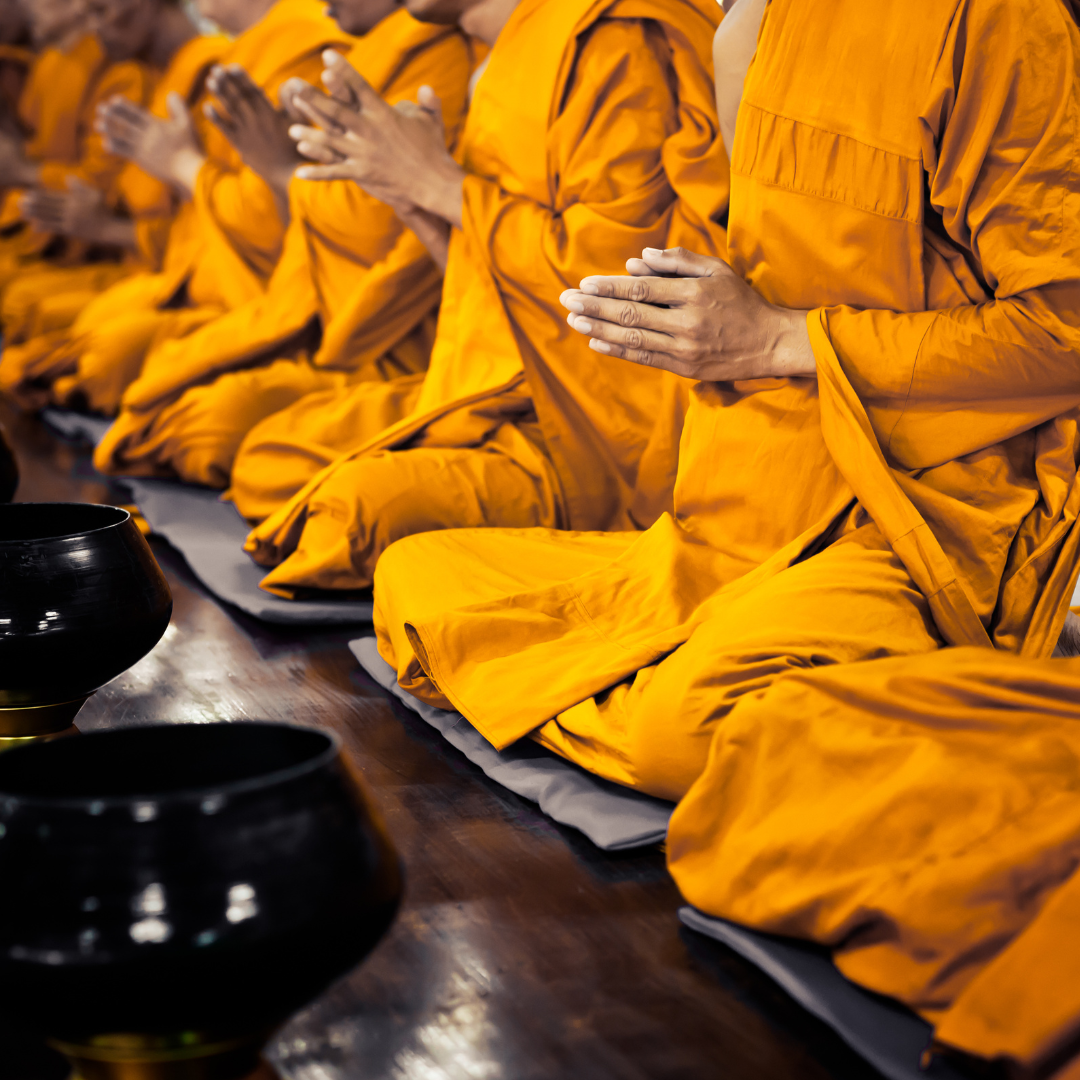Losing a loved one is an emotional experience that is universally shared, yet how we honor the deceased varies across cultures and traditions. In Africa, funeral practices are rich with meaning, rituals, and ceremonies that reflect the deep respect for ancestors and the belief in life after death. African funeral traditions are not only a way to say goodbye but also a vital part of preserving cultural heritage and honoring family connections. This article explores the diverse funeral customs practiced across different African cultures, shedding light on their spiritual significance and unique practices.
1. The Importance of Ancestors in African Funeral Traditions
In many African cultures, honoring the deceased is not just about closure, but about maintaining a strong connection with the ancestors. Ancestors are revered as guiding spirits, and their presence continues to shape the lives of the living. This belief is evident in funeral customs that involve rituals meant to ensure the safe passage of the deceased to the afterlife, as well as ceremonies that help the family maintain their spiritual bond with the departed.
Example: In the Akan culture of Ghana, the funeral is a significant event that can last several days. It includes traditional music, dances, and the recitation of praises for the deceased. The family holds ceremonies at various stages, from burial to remembrance, in a process meant to help the deceased’s spirit transition to the afterlife.
2. Traditional African Burial Practices
Traditional African burials vary widely, but they share a common theme: respect for the deceased and the belief that the body should return to the earth. Burial practices can involve elaborate ceremonies, where the deceased is dressed in special clothing and placed in a grave that reflects their status in life.
In many cultures, the burial site holds great importance. It may be located near the family home or in sacred ground. For example, the Yoruba people of Nigeria often bury their dead in family burial grounds, and the ceremony can include offerings such as food, drink, and personal items that were important to the deceased.
Example: In Southern Africa, the Zulu people perform a ritual called umemulo for a young adult, marking their transition into adulthood. At death, traditional burials are held with family and community involvement to honor the spirit of the deceased.
3. Funeral Rituals Across African Regions
African funeral rituals are deeply rooted in community involvement. Funeral ceremonies often involve large gatherings where family, friends, and even distant relatives come together to celebrate the life of the deceased. The customs may include prayer, singing, dancing, and feasting as a means of both honoring the deceased and celebrating their life.
For example, among the Maasai people of Kenya and Tanzania, funerals are communal affairs. The deceased is buried in a ceremonial way, and there are usually large feasts and dances, reflecting the importance of unity and community in African life.
Example: In Uganda, the Baganda people hold ebyaffe ceremonies, which involve honoring the deceased with song and dance, followed by a feast. The ceremony is meant to ensure the deceased’s safe journey to the afterlife and invite blessings upon the family.
4. The Role of Rituals and Symbols
African funeral traditions are rich with symbols that have deep meanings. These symbols are often tied to spiritual beliefs, with each ritual or symbol representing an aspect of life, death, or the afterlife. For instance, the use of cowrie shells in many African funerals symbolizes wealth, fertility, and the connection between the living and the dead.
Example: In the Ashanti culture of Ghana, gold jewelry is placed on the deceased or buried with them, symbolizing wealth and status. The gold also represents the hope that the deceased will be honored in the afterlife and that their spirit will be cared for.
5. Celebrating Life Through Mourning
Although funerals in Africa are solemn occasions, they are also celebrations of life. In many cultures, mourning does not only involve sorrow but also involves acknowledging the achievements and legacy of the deceased. It is a time for family members to come together and share memories, showing gratitude for the life lived.
For example, in many parts of West Africa, funerals are times for families to remember the achievements of the deceased and reflect on the family’s unity. They celebrate the person’s life through storytelling, feasting, and dancing.
6. The Impact of Religion on African Funeral Traditions
Religion plays a significant role in shaping African funeral customs. Christianity, Islam, and indigenous spiritual beliefs influence how different African communities approach death and the afterlife. In regions where Christianity or Islam is dominant, traditional African funeral customs are often combined with religious ceremonies.
Example: In many African Christian communities, the funeral service may include prayers and hymns. The body may be displayed in an open casket at the church, followed by a religious burial. However, elements of traditional African customs, such as dancing and honoring ancestors, may still be integrated into the ceremony.
7. The Significance of Community Support
One of the most profound aspects of African funeral traditions is the sense of community support. Funeral ceremonies are often attended by extended families, neighbors, and even strangers, who come to offer condolences, help with the arrangements, and share in the grief. This communal approach to mourning emphasizes the collective nature of life and death in African cultures.
Example: In the Luo community of Kenya, the extended family plays a key role in funeral planning, including building the coffin and preparing for the burial. The entire community comes together to offer support to the grieving family.
African funeral customs are diverse and rich in meaning, offering a deep sense of connection to the past, present, and future. These traditions, whether in the form of burial practices, ceremonies, or community support, reflect the spiritual beliefs, values, and cultural heritage of the people. By honoring the deceased through these rituals, African cultures ensure that the bonds between the living and the ancestors remain strong, offering comfort and peace to those who mourn.
Understanding African funeral customs helps us appreciate the complexity and beauty of these traditions, while also acknowledging the universal need to honor and remember those who have passed.





